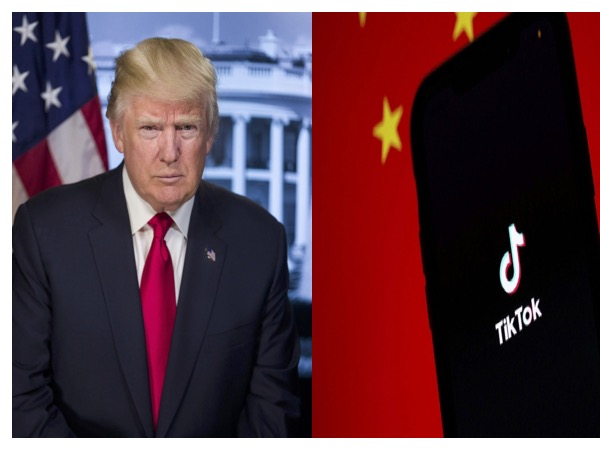In my last article relating to recent Russian protests, I wrote about some of the truths behind Putin’s fraudulent campaign and how, despite his grip on power, hundreds of thousands of people all over Russia took to the streets to show support for alternative presidential candidates and a cleaner political environment. Since then, however, little has changed within the political realities of the country. The predictions made of Putin winning the presidential election surprisingly came true!
Despite great opposition in earlier months, the United Russia party under the current Prime Minister has “swept” the competition yet again, with Vladimir Putin winning 63.64 percent of the vote. With the rules re-written by legislators working largely for his aims, he will replace his puppet and ally Dmitry Medvedev on May 7 of this year to perform the duties of President for a new 6-year term.
Medvedev, despite being seen as a potential man of progress for the Russian state and its people, will simply step aside to let his superior continue a likely corrupt and questionable agenda, closing the door for thousands of people who hoped that Medvedev would steer Russia into a new and brighter direction.
As for the actual protests, their attendance and energy has clearly suffered, with Los Angeles Times reporting that the March 10 gathering in Moscow yielded close to 10,000 participants (down from 100,000 three months before), lacking fiery speeches from the many now-absent protest leaders―a great difference from past months.
One opposition leader, former Prime Minister Mikhail Kasyanov, mentioned that there would be no more protests until Putin’s inauguration. He defends the movements by saying, “We have switched over to the tactics of prolonged protest struggle.”
Others, such as former world chess champion Garry Kasparov, tried to keep the momentum going by saying, “The most terrible thing that can happen to us now is that we find ourselves demoralized. They have been taking away our freedom for the last 12 years, and it is impossible to get it back in three months.” The result of this confusion and supposed reorganization is yet to be clear.
From the outside, it may seem that what the Occupy Movement largely struggled from―a lack of direction and dedicated leadership, may exactly be what its Russian counterpart is suffering from. Time will tell how strong this “resistance” is, and what it truly is willing to do as an approaching 6 years of the same political game will surely cause the displeasure of those who aren’t in the government’s pocket.
To shed some light on this, Time Magazine reported that hundreds of supposed “pro-Putin” voters gave accounts of how they were offered money to vote favorably and attend the rallies. With comprehensive polling station monitoring from both local authorities and passionate protest participants catching thousands of illegal acts, added on to various survey results, alongside the many who have simply given up fighting Putin’s political machine, it is reasonable to see the real approval figure being 40 percent at best.
Despite massive evidence of these underhanded tactics, the state approved the final vote count in favor of Putin. This, if not anything else, shows how far the Russian political system has progressed since Boris Yeltsin’s time. It would be a good thing for you, the reader, to pay attention to this, as great lessons can be learned for advancing our own political way-of-life, here, in the states. With all of our societal tension and socio-economic unbalances, compared to the rigid landscape of post-Soviet Russia…does our future look just as bleak?








































































